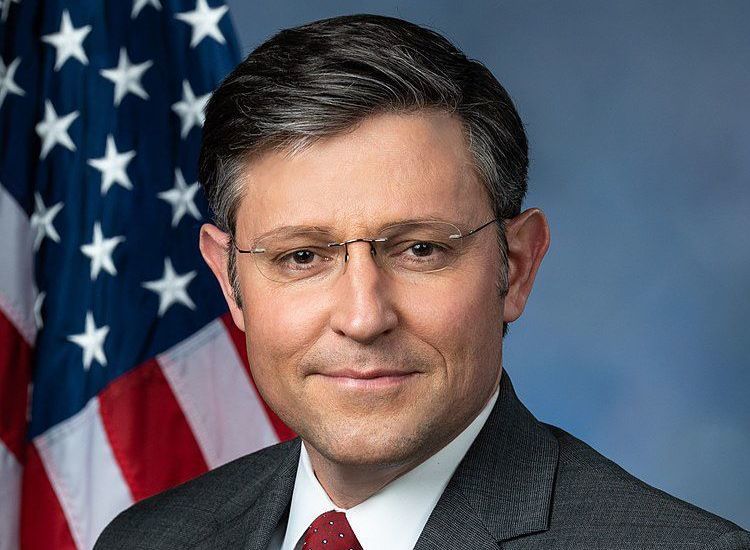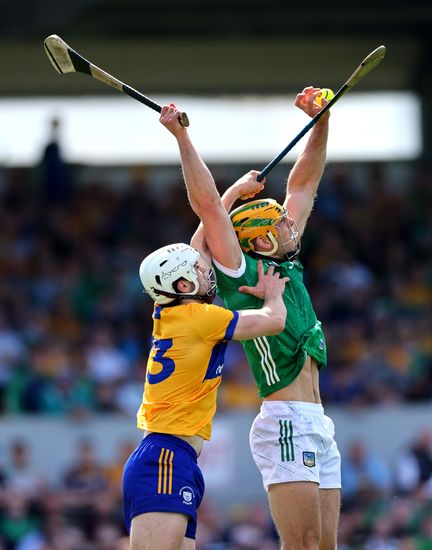[caption id="attachment_69900" align="aligncenter" width="600" caption="Attorney General Holder."]
Last year, Attorney General Eric Holder received a curious request from the British government pursuant to a Mutual Legal Assistance Treaty (MLAT). Curious because although the treaty was aimed at speeding the prosecution of international money laundering crimes, this request sought records from a Boston College library on a killing in Northern Ireland in 1972.
That alone should have raised some questions.
But the fact that the former Royal Ulster Constabulary, a well documented lawless, corrupt and political police force in Northern Ireland, made the request should have prompted alarm bells. It did not.
However, like Attorney General Holder's ill-fated Fast and Furious project, this request has taken on a life of its own. Without an adult in charge to weigh the merits, the Department of Justice blindly turned the request into a sealed subpoena and a David and Goliath legal battle involving academics, journalists, civil libertarians and Irish-American groups and all now before the federal circuit court of appeals in Boston. The conduct of the litigation has proved illuminating, if only to reveal how the United Kingdom plays America like a Stradivarius when the topic is Ireland.
Consider these facts.
No sooner had Gerry Adams, architect of the 1998 Belfast accord, announced for a seat in the Irish Dáil then the confidential records of the Boston College Oral History project were requested of the FBI, this ostensibly in aid of a case involving the killing of a British informer.
The case had not been seriously investigated in 40 years.
What prompts Northern Ireland police to allow hundreds of cases of Catholic murders to languish for want of investigation in favor of this sure loser? A critic of the 1998 Belfast peace accord, Delours Price, claimed that Adams was involved with the killing.
If the British were conducting a real criminal investigation they would seek the direct sworn testimony of Ms. Price, who lives in Ireland, not the tape of an un-sworn interview.
This request clearly did not fit the treaty's purpose, but time was of the essence. Success with UK extraditions requests from Ireland are rare. Since America is so easily charmed by the "special relationship," Britain chose to "game" the MLAT.
The Irish general election was looming and Adams and the Sinn Féin party platform opposed the bailout of British bankers who held much of Ireland's massive debt. Misadventure gazed into the eyes of opportunity and was smitten.
A political smear and fishing expedition was born using the U.S. as the hapless handmaiden.
For this political gambit alone, Holder could withdraw the subpoena.
But there is another, more critical, reason to do so. Secretary of State Hillary Clinton could conclude that to comply with the request would be contrary to American values, and could undermine a peace process the U.S. has not only supported, but worked to put in place.
Recent events call into question Britain's credibility in fulfilling key provisions of the 1998 accord. Britain maintains juryless courts and detains political prisoners like Gerry McGeough, both of which are anathema to America's system of justice.
The Cameron government has refused a promised public inquiry into the murder of attorney Patrick Finucane and has refused to turn over information requested by the Irish government on the slaughter that resulted from the Dublin-Monaghan bombings.
Adding to these concerns was the disclosure that hundreds of former Royal Ulster Constabulary officers had joined the newly named Police Service of Northern Ireland. This group of officers were the most likely source of the politically-inspired records request directed at Boston College.
Could the attorney general turn a blind eye to these factors and rubber stamp the enforcement of his subpoena? If so, history will repeat itself.
In 1974, President Reagan, despite congressional prohibition, allowed the RUC to purchase guns from the U.S., this at the height of its lawless crushing of the Irish civil rights movement inspired by Martin Luther King.
How sad and ironic it would be for our first African American president to ignore British treachery, welcome with open arms Prime Minister Cameron in March, and prove that he is no better than President Reagan as Britain's pet poodle on Ireland.
Michael Cummings is a board member of the Irish American Unity Conference.










